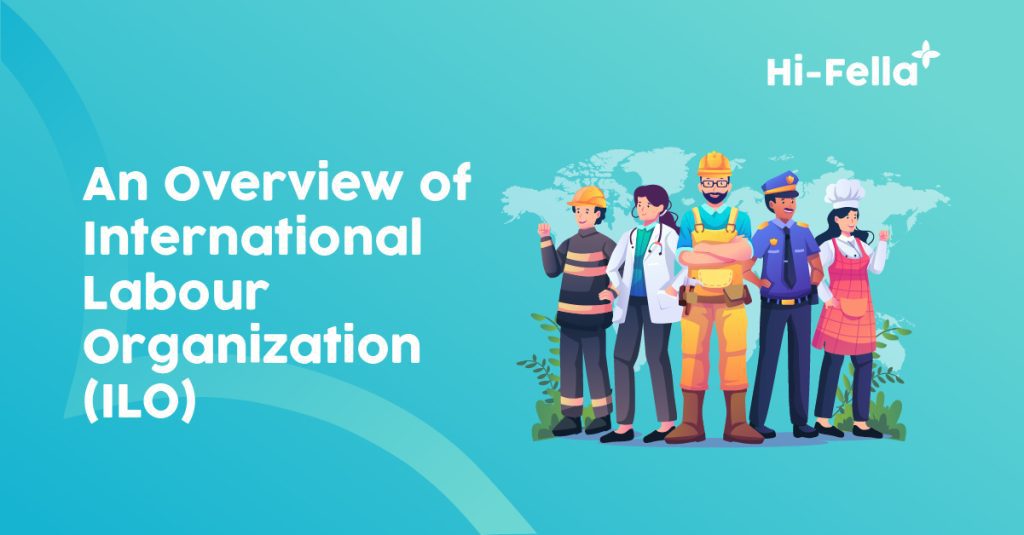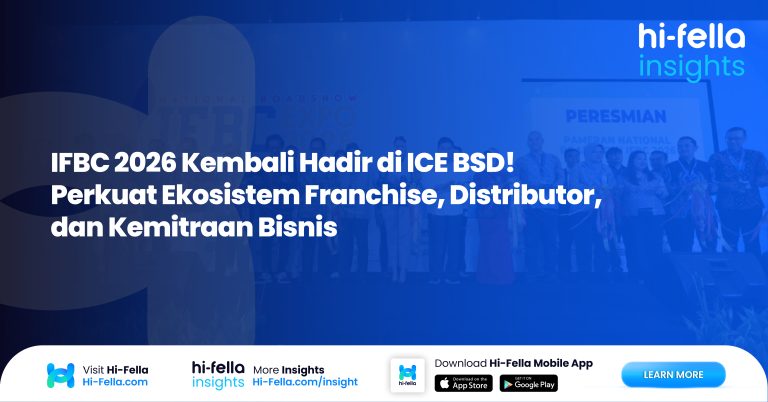The International Labour Organization (ILO) stands as a beacon of hope and progress for workers worldwide within the expansive framework of the United Nations. Established in 1919, this specialized agency of the UN has tirelessly championed the rights and well-being of laborers across the globe. With a rich history marked by milestones in workers’ rights, fair labor practices, and social justice, the ILO remains an indispensable force dedicated to ensuring that workers are not just beneficiaries, but active participants in shaping their working conditions and futures. Learn the ILO’s role in shaping fair labor practices worldwide. Explore its history, mission, and contributions to workers’ rights.
What is the ILO? The ILO acronym refers to the International Labour Organization. The ILO means an international organization that focuses on labor. Since its establishment in 1919, the International Labour Organization (ILO) stands as a unique entity within the United Nations framework. With its tripartite structure, the ILO serves as a platform where representatives from 187 Member States come together, representing the interests of governments, employers, and workers alike. Their collective mission revolves around the creation of labor standards, the formulation of policies, and the crafting of initiatives that strive to advance the cause of decent work for every individual, regardless of gender, within our global community.
The ILO was created back in 1919 as a part of the Treaty of Versailles that ended World War I to embrace the idea that enduring global peace hinges on the foundation of social justice. The Constitution of the ILO was drafted in the same year by the Labour Commission, chaired by Samuel Gompers, head of the American Federation of Labour (AFL) in the USA. Nine representative countries attended it. They are Belgium, Cuba, Czechoslovakia, France, Italy, Japan, Poland, the United Kingdom and the United States. The ILO was created as a unique organization, uniting government, employer, and worker representatives. It came into existence due to concerns about security, humanitarian issues, politics, and economics. The founders understood that promoting social justice was essential for maintaining peace, especially with the exploitation of workers during the industrialization era. They also recognized the importance of cooperation among nations to ensure fair working conditions in a competitive global market.
Fast forward to 1946, the ILO became a specialized agency of the United Nations. David Morse led the ILO from 1948 to 1970, overseeing its expansion as the number of member states doubled and it became universal. During this time, the organization also established important institutes, received the Nobel Peace Prize in 1969, and focused on labor standards. Wilfred Jenks continued this work from 1970 to 1973, particularly emphasizing freedom of association and the right to organize. Subsequent directors, like Francis Blanchard, expanded cooperation with developing countries. Michel Hansenne, who took over in 1989, stressed social justice and decentralized ILO activities. Juan Somavia, starting in 1999, prioritized decent work, poverty reduction, and the Millennium Development Goals. Guy Ryder, since 2012, has emphasized creating decent work for all and established the Global Commission on the Future of Work in 2019 to address changing work trends.
Throughout its history, the International Labour Organization has been a significant actor during critical moments in the world’s development. During the Great Depression, it helped with labor issues to deal with the economic crisis. When countries became independent from colonial rule, the ILO helped them create fair labor rules. In Poland, it supported the creation of Solidarność, which fought for workers’ rights. In South Africa, the ILO worked against apartheid to promote fairness. Today, it continues to make sure work is fair in a globalized world. So, the ILO has always been there to make sure people have good international working conditions and rights, no matter what’s happening in the world. One of the significant conventions established by the ILO is Employment Policy Convention, 1964 (No. 122) and its accompanying Recommendation, 1964 (No.122), the Employment Policy (Supplementary Provisions) Recommendation, 1984 (No.169).
The International Labour Organization focuses on making the world more fair by promoting social justice and workers’ rights. They promote jobs and protect the people. It’s unique because it brings together governments, employers, and workers from 187 countries to create rules for good working conditions. Today, the ILO’s main goal, called the Decent Work agenda, is to improve the economy and work conditions for everyone. It has four key objectives:
- Set and promote standards and fundamental principles and rights at work
- Create greater opportunities for women and men to decent employment and income
- Enhance the coverage and effectiveness of social protection for all
- Strengthen tripartism and social dialogue
For more than a hundred years, The ILO has created a big impact. It helps protect workers’ rights, make sure people are treated fairly at work, and boost economic growth. By setting these standards, it creates a more just and equal world where everyone can have decent work and better lives. For example when a pandemic hits the world in 2020, ILO pays great attention to the impact of the pandemic on the world of work. The key issue they focused on includes these one:
- Job closures and an increase in the global unemployment rate.
- Reduction of income of employers and workers.
- Challenges to the health and safety of workers during the pandemic.
- Gaps in the recovery of the labor sector between countries and regions.
- Social protection of workers affected by the pandemic.
In summary, the International Labour Organization (ILO) is a special part of the United Nations that focuses on making sure workers have good rights and conditions everywhere. It joins governments, employers, and workers from many countries to make fair rules for work. The ILO’s main goal is to give all workers better jobs and protect their rights. This helps build a world where people are treated fairly, have good job opportunities, get social support, and where everyone work together for a better future. As a UN agency for workers, the ILO plays a crucial role in its mission to make sure fairness and peace go hand in hand.








